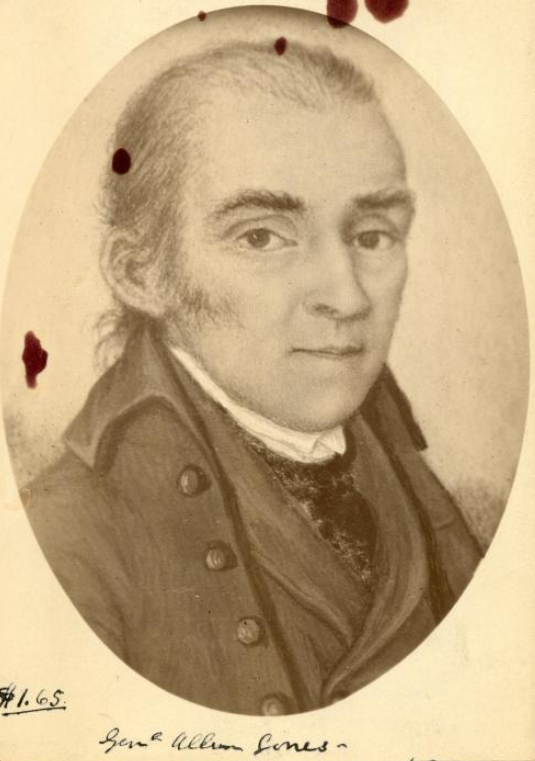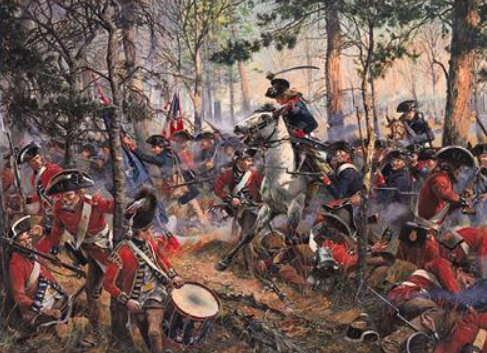John Ashe and the Battle of Brier Creek
John Ashe was a Brigadier General in the North Carolina Militia during the Revolutionary War.
Ashe had many successes, but history remembers him for his defeat at Brier Creek.
John Ashe
John Ashe was Speaker of the North Carolina Colonial Assembly during the Stamp Act Crisis. His outspoken opposition to the Stamp Act led to his loss of the position.
Not to be confused with his nephew, future Continental Congressman John Baptista Ashe, John took up arms at the outbreak of the American Revolution.
Ashe was named a Colonel in the North Carolina Militia. He recruited a force of five hundred men who he supplied at his own expense.
Early Success
John Ashe had several early successes in the Revolutionary War.
First, he was able to storm British held Fort Johnson in Wilmington. He then led a regiment during the Patriot victory at Moore’s Creek Bridge.
Due to his triumphs, Ashe was promoted to Brigadier General in the North Carolina Militia.
Heading South
Unfortunately, Ashe’s successes would not last.
After meeting with General Nathanael Greene in South Carolina, John proceeded to Georgia in an effort to halt the British ‘southern strategy.’ The southern strategy was a decision by the redcoats to focus on the lower States after the French entered the war.
Ashe followed the enemy to Brier Creek but stopped as they had burned out the bridge.
John, not a career military man, chose a poor location to set up camp. This would end in disaster.
The Battle of Brier Creek
The British kept a large part of their force within sight of the Americans on the other side of the creek.
Simultaneously, they sent a large body of soldiers on a fifty-mile trek around Ashe’s men. When the redcoats attacked, the Militia had only a small amount of time to ready themselves for the fight.
As the British charged, the Patriots (who did not have bayonets) quickly panicked and scattered. They were soundly defeated, allowing the King’s Men to take Georgia back into their custody.
Effect on the War
According to General William Moultrie, the Defeat at Brier Creek set the Patriots back tremendously. He believed the Revolutionary War was extended a full year due to the loss.
Moultrie also believed this catastrophe set the stage for Britain to invade South Carolina.
Additionally, Georgia was returned to its status as a colony after only three years of independence. It would be another three years until it was again a part of the United States.
As for John Ashe, he managed to escape the fight.
Afterward
Soon thereafter he was given a court martial. Although he was absolved of cowardice (it was falsely claimed he led the retreat), Ashe was given blame for not properly guarding his encampment.
John returned to Wilmington where he was responsible for weeding out Loyalists. When the British took that city, he was captured.
In prison he caught smallpox. Not interested in dealing with the disease, the redcoats released him. Ashe succumbed to the disease within days of the American Victory at Yorktown.
Do you want to read more about the American Revolution in Georgia?
Great!
Try these articles on Declaration Signers Lyman Hall and Button Gwinnett.
Want to read a great book about the Revolution in Georgia?
Nice!
‘The American Revolution in Georgia’ is the definitive authority on the subject. Pick up a copy through the Amazon affiliate link below (you’ll support this site, but don’t worry, Amazon pays me while your price stays the same).
Want to get fun American Revolution articles straight to your inbox every morning?
Smart!
Subscribe to my email list here.






